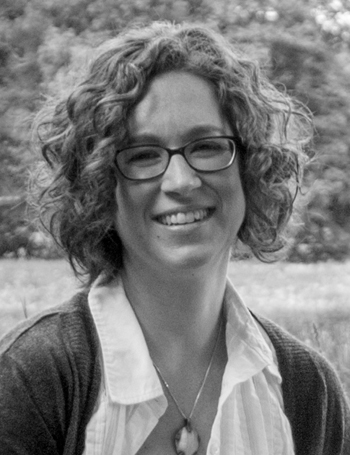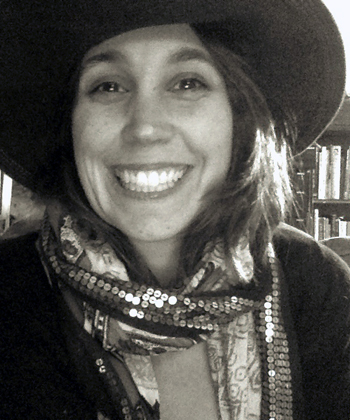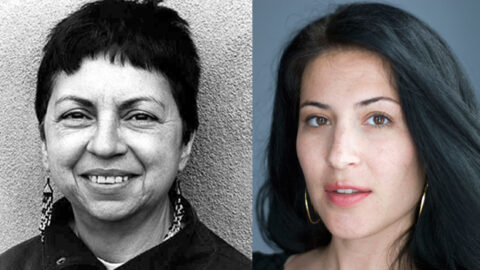Meredith Stricker’s Anzaldúa Poetry Prize winning chapbook “Anemochore” is truly beautiful and inspiring. From her unique and layered title “Anemochore,” to her intricate design and use of space on each page, Stricker offers as much insight and perspective from their placement of her words as from their meaning.
“Anemochore” keeps no borders between visual art, poetry and even music. Stricker’s work here demonstrates a melding of ideas that flow naturally from page to page, evoking all of a reader’s senses.
Meredith Stricker fuses her work with her own experiences, including performances with musicians, her own work as an architect in Big Sur, California and her deep perspective into the value of poetry and imagery. The second part of the chapbook, The Be/s of the Invisible, was a collaboration with several other musicians that link the life of bees to the freedom in poetry.
Her chapbook “Anemochore” will be published by Newfound in spring of 2018.
Steve Mulero: When did you begin writing poetry and what were some of your influences on your early journey into poetry and art?
Meredith Stricker: Because my mother was a war refugee for whom English was a second language and my father’s family from Russia spoke in an archaic form of German, I grew up
in a household where several languages mingled in ways that were basically incomprehensible to me, except as a kind of music or rhythm that was deeply familiar, but also untranslatable.







 a mother of two, and a small-business owner (she runs a soy candle business with her husband Chad). Her other passions include fitness, preferably Cross-fit at her local gym in McDonough, Georgia. King’s works have been published in literary magazines as well as academically in the “Ellen Glasgow Journal of Southern Women Writers.” King was offered a fellowship by the Summer Literary Seminars and she has been nominated for a Pushcart.
a mother of two, and a small-business owner (she runs a soy candle business with her husband Chad). Her other passions include fitness, preferably Cross-fit at her local gym in McDonough, Georgia. King’s works have been published in literary magazines as well as academically in the “Ellen Glasgow Journal of Southern Women Writers.” King was offered a fellowship by the Summer Literary Seminars and she has been nominated for a Pushcart. 








